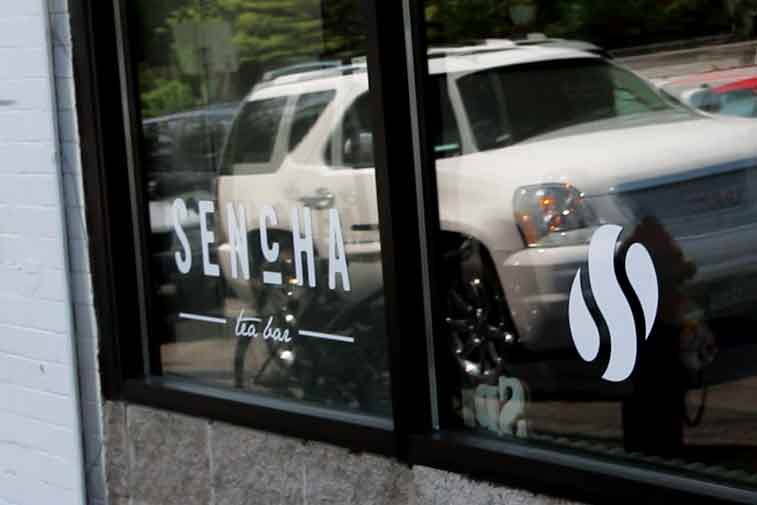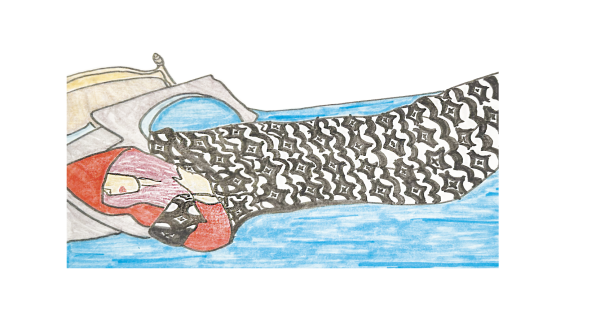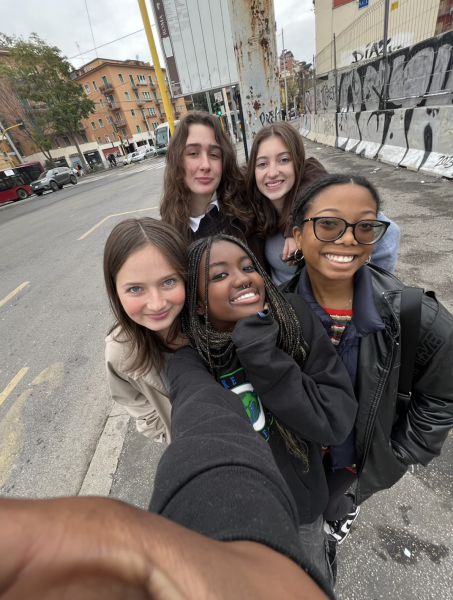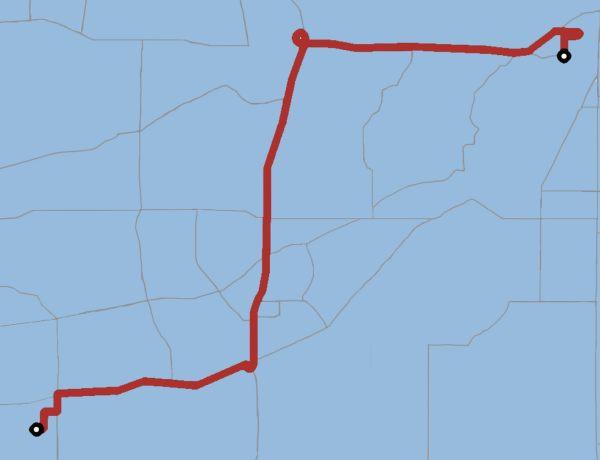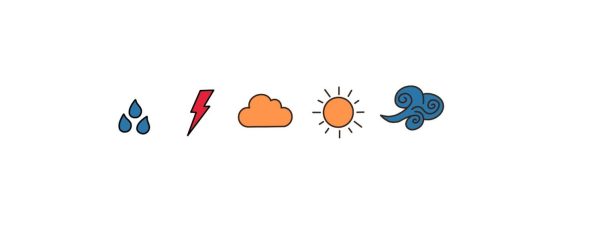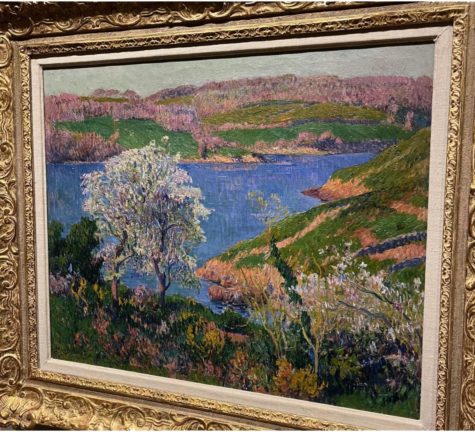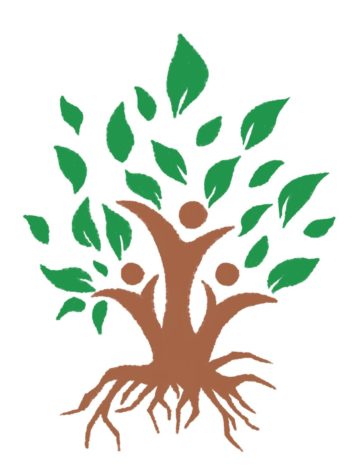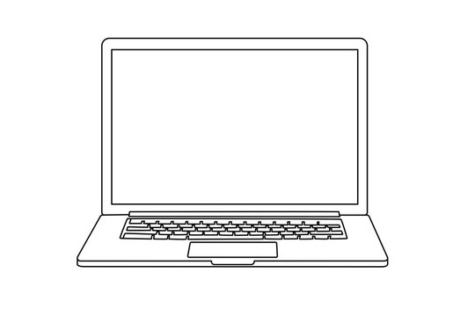Coffee & tea intersect
Do the two cultures clash or fuse?
The Sencha Tea Bar in Uptown is a tea shop gaining traction amongst students and teachers in the community.
It seems like humanity’s never-ending necessity for a daily cup of coffee has risen to a new high, while at the same time, Sencha Tea Bar, which Lindsay Kaback ‘19 describes as “a life changing selection of tea,” is everyone’s new destination. Our glasses filled with either coffee or tea offer different tastes, different moods, different cultural experiences, and different connotations. For this, the question of which beverage is superior remains controversial.
The supposedly wondrous Pumpkin Spice Latte at Starbucks has practically defined the fall season over the past few years, and its neighboring flavors are only becoming more exotic. With a Cotton Candy Frappuccino and a Cinnamon Dulce Latte, the expression “coffee” may seem unrelated. However, black coffee and simple lattes or espressos haven’t depreciated. With countless options, defining “coffee” is difficult; do the Cotton Candy Frappuccinos make the cut? Julia Kaiser ‘18, the passionate leader of Blake’s tea club, thinks “coffee for sure connects to productivity and high anxiety. It gets you going for the day.”
Coffee and tea shops have invented drinks that have the potential to eliminate a consumer’s decision between tea or coffee. This is 2016.
Sip every last dose of your caffeinated creaminess, because we’re switching gears: it’s tea time. Whether you find yourself in London holding a petite triangle-sandwich in one hand and a cup of Earl Grey in the other or are simply heading for a quick sample of Oolong tea and Teavana, tea is everywhere. Although it’s not universally accurate to say that a cup of tea is more popular than one of coffee, but tea’s aura is, in fact, universally considered therapeutic. Contrary to her insight on coffee, Kaiser thinks that “tea is spiritual and peaceful, with low anxiety.”
Pour yourself a generous dose of coffee and begin steeping a cup of tea, because these two drinks become one in multiple scenarios. With Starbucks’ Green Tea Frappuccinos, Caribou’s Pomegranate Vanilla Tea Latte, and Sencha’s Chai Tea Lattes, the battling beverages increasingly coexist. Coffee and tea shops have invented drinks that have the potential to eliminate a consumer’s decision between tea or coffee. This is 2016.
Despite the innovative menu options, the debate as to which beverage is superior to the other lives on, and the kernel of this debate is the question of which promotes more happiness. Happiness is somewhat subjective, since some may define it as successful in the context of productivity and materialism, and others may define it as mental bliss and spiritual prosperity. Asya Shogren ‘19, who believes in spiritual happiness, says that tea triggers more happiness because “coffee is like a drug but tea makes you feel healthy, happy, and cleansed.”
There will always be coffee people and there will always be tea people, and maybe someday, in some alternate universe, there’ll be committed Pomegranate Vanilla Tea Latte people.
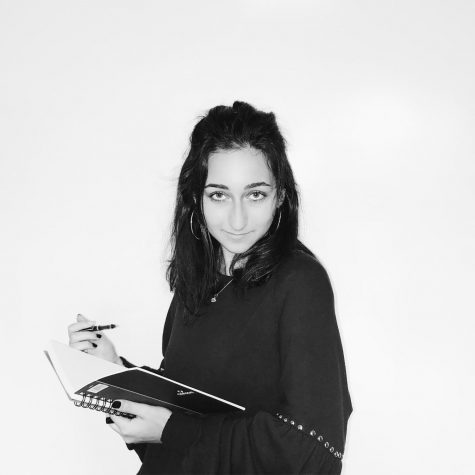
I'm Eva and I'm Co-Editor-in-Chief! I also edit Front and I've served as Creative Director and Editor of Features, InDepth, and Comedy in the past. Spectrum...

